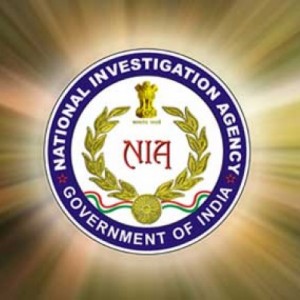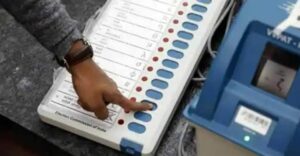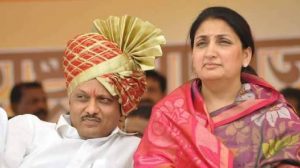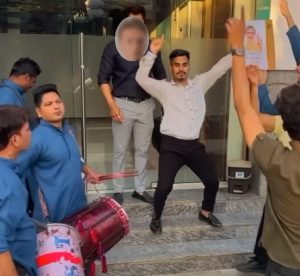Corporates join Himachal Pradesh government in efforts to end TB in the state by 2021
Shimla : Earlier today, Shri Kaul Singh Thakur, Minister of Health and Family Welfare, Himachal Pradesh, held a consultative meeting with corporates to discuss ways to implement ground level projects to eliminate tuberculosis (TB) in the state. The one-day meet was organised to take forward discussions between corporates and government at the TB-Free India Summit organized earlier this year by the International Union Against Tuberculosis and Lung Disease (The Union) under Call to Action for a TB-Free India, through Challenge TB which is the flagship TB control programme of the U.S. Agency for International Development (USAID).
The meeting was attended by representatives from the State Health Ministry, Central TB Division, The Union and the World Health Organization (WHO) in addition to 18 participants from corporate organizations and civil society. Health Ministry officials presented the State Action Plan 2021 and called for specific support and partnerships from stakeholders present.
In his key note address, Shri Kaul Singh Thakur, Minister of Health and Family Welfare, Himachal Pradesh, said, “The goal of the Himachal Pradesh government is to eliminate TB in our state by 2021, four years before the deadline set by the Centre. This is an ambitious but achievable goal and we can reach it if all of us, government and corporates, work together. Corporates can implement several programmes to make our state TB free. I would encourage them to focus on districts with a high TB burden and conduct activities that encourage people to get screened and complete their treatment.”
NTPC, Qiagen, J&J, TCI Foundation, Cepheid, IL&FS Foundation, Cipla, SJVN, JSW Energy, Ambuja Cement, Dr. Reddy’s Lab participated and shared their areas of work. Corporate stakeholders have the capacity and resources to initiate corporate social responsibility (CSR) projects focused on TB control. Through these efforts, they help the programme access the hard to reach population segments such as migrants and contractual workers.
Mr Prabodh Saxena, Principal Secretary Health, Government of Himachal Pradesh, said, “We bear the responsibility to take our state and country closer to its TB elimination goal. We are hopeful that joint efforts will help us reduce the number of cases of TB and deaths due to TB. This consultation will help us firm up actual areas of collaboration. The commitments and action have to be widespread.”
Dr Jamie Tonsing, Regional Director, The Union, added, “Making India TB free must not only be the role of government or large organizations. We can all make a significant contribution. The corporates have shown interest to collaborate and the partnerships will show promising results. We hope to continue to make progress in this area.”
In her address, Kavita Ayyagari, Project Director, Challenge TB, India, said, “It is great to see that we are continuing to build on the momentum from the TB-Free India Summit. Corporates and civil society can focus on improving TB awareness in specific communities, set up mobile screening units and provide nutrition support for patients, to accelerate our efforts to eradicate TB in India.”
In April this year The Union organized the TB-Free India Summit that brought together prominent international experts; government officials; representatives from the corporate sector, foundations and trusts; celebrities; TB survivors; and media to discuss what can be done to end TB by 2025.
According to the World Health Organization1, there were about 2.8 million new cases of TB in India in 2015. The government has called for an aggressive approach to end TB by 20252 and this will require intensified efforts by all stakeholders.






